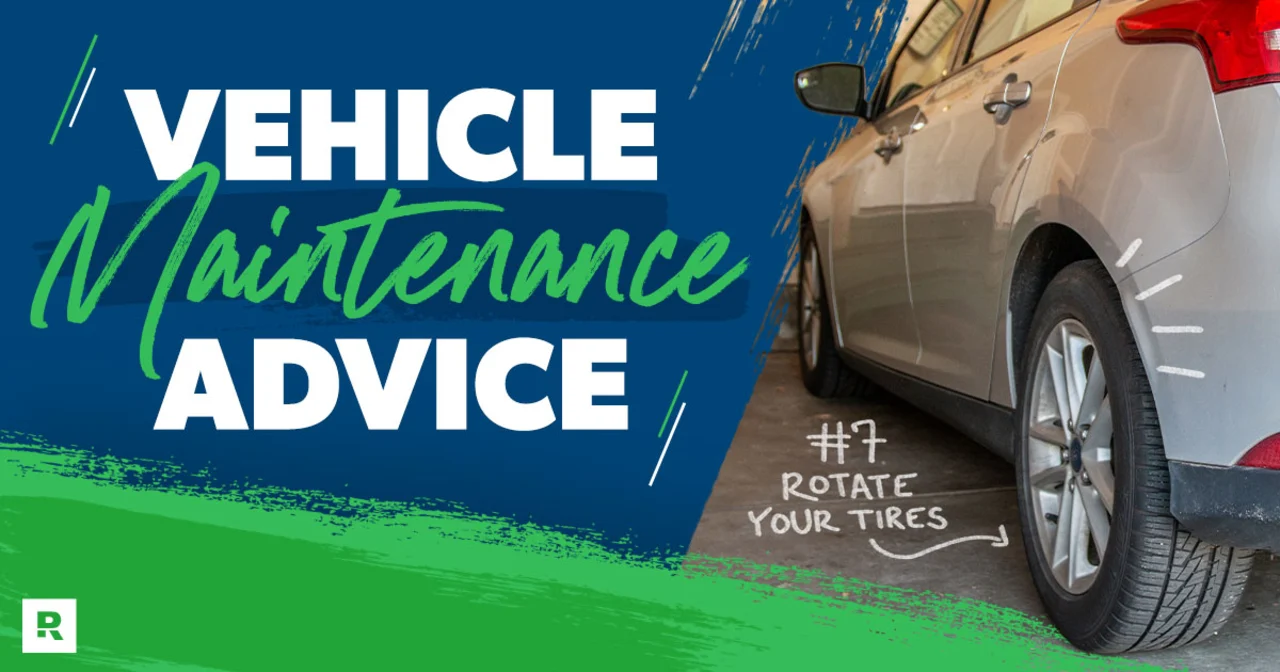Understanding the Dilemma: Mechanics and Unpaid Services
As a car owner, I know how essential it is to maintain my vehicle and make sure it stays in good working condition. However, there are times when unforeseen financial challenges arise, and I am unable to pay for necessary repairs. In these situations, I often wonder what a mechanic will do if I can't pay for their services. In this article, I will discuss several possible scenarios and outcomes that may occur when a customer is unable to pay for their car repairs.
Payment Plans and Installments: A Solution for Both Parties
One possible solution that some mechanics may offer is a payment plan or installment agreement. This can be a win-win situation for both the mechanic and the customer, as it allows the customer to pay for the services rendered over time, while the mechanic still gets paid for their work. In many cases, a mechanic will require a down payment to initiate the payment plan, with the remaining balance paid off in installments over several weeks or months. This can be a great option for those who need immediate repairs but are unable to pay the full amount upfront.
Bartering: A Creative Approach to Repayment
Bartering is another potential solution for customers who are unable to pay for their car repairs. This involves exchanging goods or services of equal value, rather than using money to pay for the mechanic's services. For example, a customer may offer to provide advertising or marketing services for the mechanic's business, or they may offer to trade items of equal value, such as tools or equipment. While this may not be a common practice, it can be a creative and mutually beneficial way for both parties to come to an agreement.
Legal Action: The Last Resort
Unfortunately, if a customer is unable or unwilling to pay for the services rendered by a mechanic, the mechanic may have no choice but to pursue legal action. This could involve filing a lawsuit against the customer, or in some cases, placing a lien on the customer's vehicle. A lien essentially gives the mechanic legal claim to the vehicle, preventing the owner from selling or transferring the title until the debt is paid in full. While this is not an ideal outcome for either party, it may be the only recourse a mechanic has if a customer refuses to pay for their services.
Communication is Key: Negotiating with Your Mechanic
If you find yourself in a situation where you cannot pay for your car repairs, the most important thing you can do is communicate openly and honestly with your mechanic. Many mechanics understand that financial hardships can arise unexpectedly and may be willing to work with you to find a solution. Be upfront about your financial situation and your ability to pay, and ask the mechanic if they offer any alternate payment options, such as payment plans or bartering. By being proactive and maintaining open lines of communication, you may be able to find a solution that works for both you and your mechanic.
Preventative Measures: Avoiding the Situation Altogether
Of course, the best-case scenario is to avoid finding yourself in a situation where you cannot pay for your car repairs in the first place. One way to do this is to maintain a regular maintenance schedule for your vehicle, which can help prevent costly repairs down the line. Additionally, creating an emergency fund specifically for car repairs can provide a financial cushion in the event that unexpected repairs are needed. By being proactive and taking preventative measures, you can reduce the likelihood of facing the dilemma of being unable to pay for your car repairs.
Conclusion: Navigating the Challenges of Unpaid Car Repairs
While it is never an ideal situation to be unable to pay for your car repairs, there are potential solutions available, such as payment plans, bartering, or negotiating with your mechanic. The key is to be proactive and communicate openly with your mechanic to find a mutually beneficial solution. By taking preventative measures and being prepared for unexpected financial challenges, you can minimize the risk of finding yourself in this difficult situation.
